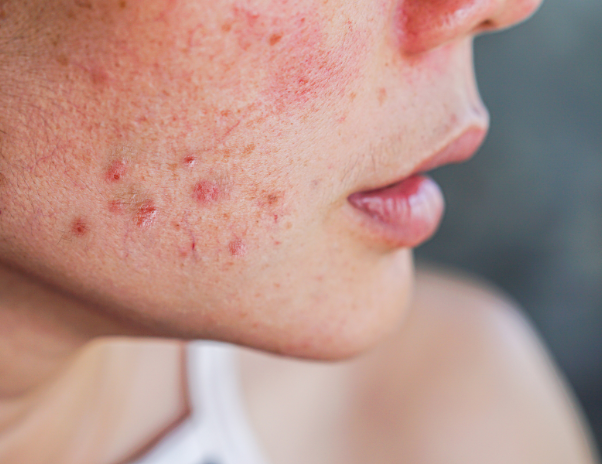
Posted date on Mar 01, 2018
Food allergy
Food allergies cause various symptoms in the human body ranging from mild to severe. Food allergy is caused when the immune system treats a specific food protein (allergen) as a threat and attacks it. An antibody called immunoglobulin E (IgE) is released to neutralize the allergic food substance (allergen). If the allergen is further detected in the bloodstream, the IgE antibodies will release histamines and similar chemicals resulting in allergy symptoms.
The reaction may affect various parts of the body such as skin, GI tract, respiratory tract, and cardiovascular system. The symptoms appear within minutes or hours after consuming the allergic food.
Sometimes severe symptoms can result in a potentially life-threatening condition called Anaphylaxis characterized by breathing impairment and sudden drop in blood pressure. Anaphylaxis may worsen quickly and become fatal if not treated immediately. The first-line treatment for anaphylaxis is an administration of epinephrine /adrenaline. After administration of epinephrine, other medications such as steroids, antihistamines and asthma medications also may be used to control the reaction.
Following are the common food allergy symptoms:
- Tingling or itching in the mouth
- Hives, itching or eczema
- Swelling of body parts
- Nasal congestion or runny nose
- Stomach pain, diarrhea, nausea/vomiting
- Dizziness or fainting
Some of the severe symptoms of food allergy include: shortness of breath or wheezing, chest pain, weak pulse, drop in blood pressure, loss of consciousness, trouble swallowing, severe swelling of lips, mouth or tongue, etc
In most cases, the time taken to diagnose a food allergy is more compared to the diagnosis of other illnesses. For the diagnosis of food allergy, the physician will first collect a detailed medical history of the patient followed by a physical examination. There are also a few tests that help to rule out food allergies such as skin prick test, blood tests, oral food challenge, and trial elimination diet. The skin prick test and blood test will help identify possible allergenic food items.
In children, everyday allergic food items are milk, eggs, and peanuts. The most common food allergens in adults are tree nuts, peanut, soy, fruit/vegetable pollen, fish, shellfish. Humans may develop food allergies at any age, but mostly it appears in early childhood. Food allergies can be hereditary.
There are no drugs or treatments available for food allergies. The patients having a food allergy should avoid eating allergic foods. Food labels list food allergens to help you prevent an allergic reaction.




